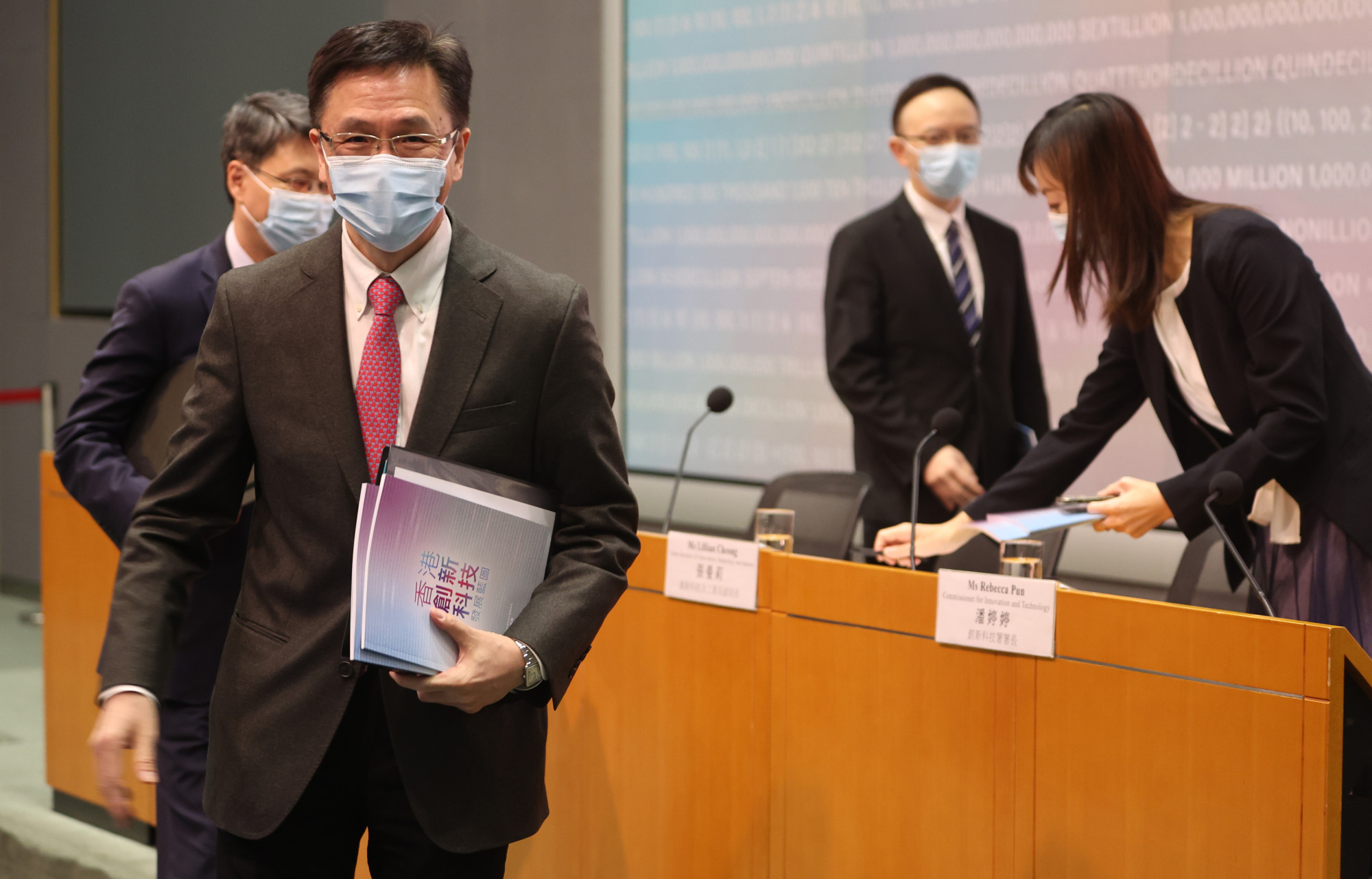
What Hong Kong’s reaction to ChatGPT says about the city’s appetite for innovation
- The approach to the AI-powered chatbot adopted by the city’s universities reflects Hong Kong’s lack of preparedness to embrace new technology
- The government should not only be setting up a regulatory and policy framework but also demonstrate it is capable of taking a risk
The response of Hong Kong’s universities not only reflects the city’s unpreparedness to embrace revolutionary technology but also its lack of a framework to address technological innovation.
However, no follow-up action on the government task force has been reported, nor has the government explained how the Innovation, Technology and Industry Bureau will work with other branches of government, and public and private institutions, to use the new AI tool for the city’s benefit.

The development of AI technology will not wait for the Hong Kong government to set up its committee and do research. The government should publish its own policy paper, setting out the context in the city and which fields can benefit from AI.
The city will fall even further behind if it waits to think about how it can fit into the supply chain led by mainland China. Only by developing an AI industry based on Hong Kong’s own needs first can it can help the country achieve its goals.
The government needs to establish a coordinating mechanism to connect decision makers, big and small, in the communications industry, and initiate regular meetings of leaders from various sectors at different levels to promote collaboration.
Although the Innovation, Technology and Industry Bureau has set up a committee which includes industry representatives, it is missing voices from smaller firms. The city’s lack of preparedness in the face of ChatGPT shows that an organisation dedicated to practical affairs is sorely needed.
Most start-ups and new innovations fail. Is the Hong Kong government willing to risk losing its investment? That would be a sign that it is serious about its promise to develop its AI tech industry, in the absence of large local tech companies or a mature venture capital ecosystem to fund start-ups, as in the United States.
It is time for Hong Kong to show scientists, engineers and other innovators around the world how much support it is willing to give and how much risk it is willing to take to build a strong AI industry.
John Hanzhang Ye is a PhD student in science and technology history at the University of Minnesota, Twin Cities and also holds an MPhil degree in sociology from the Chinese University of Hong Kong

